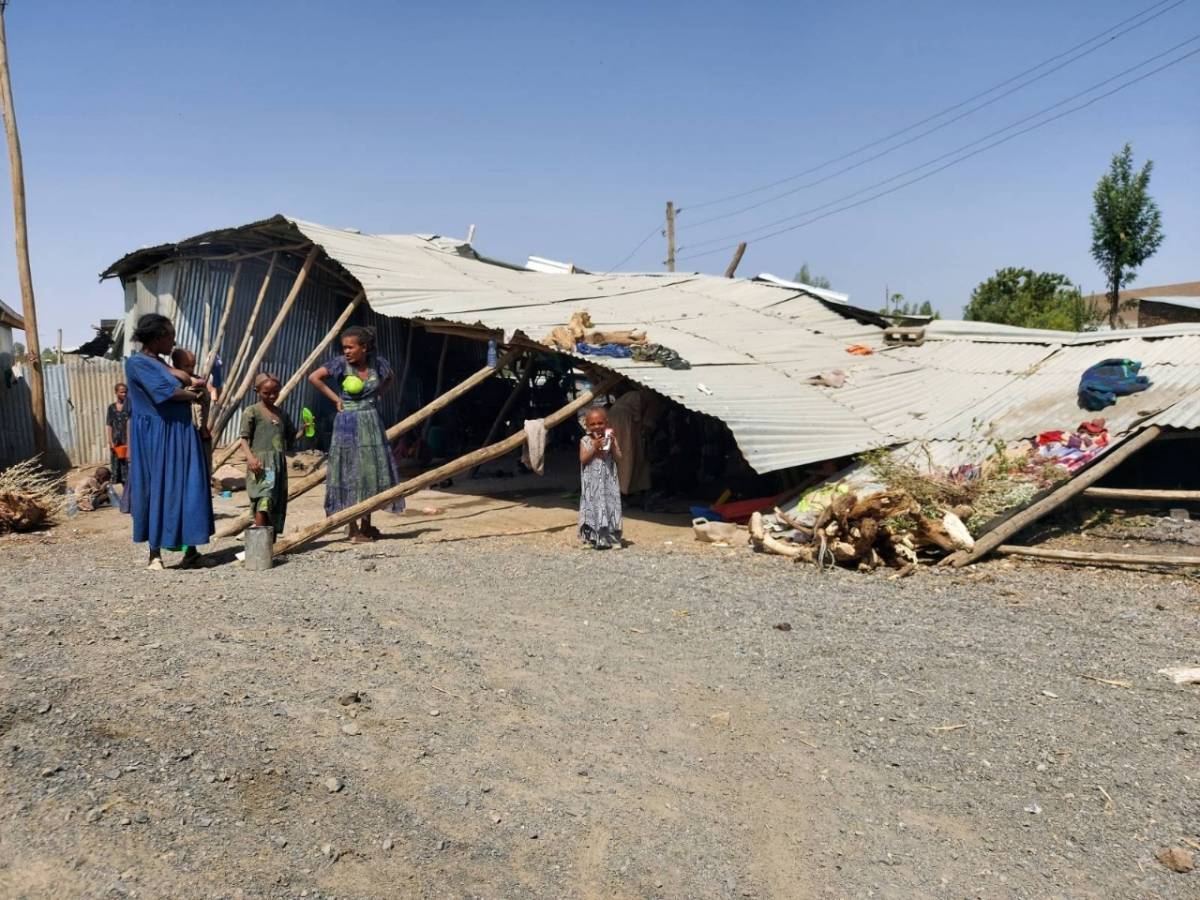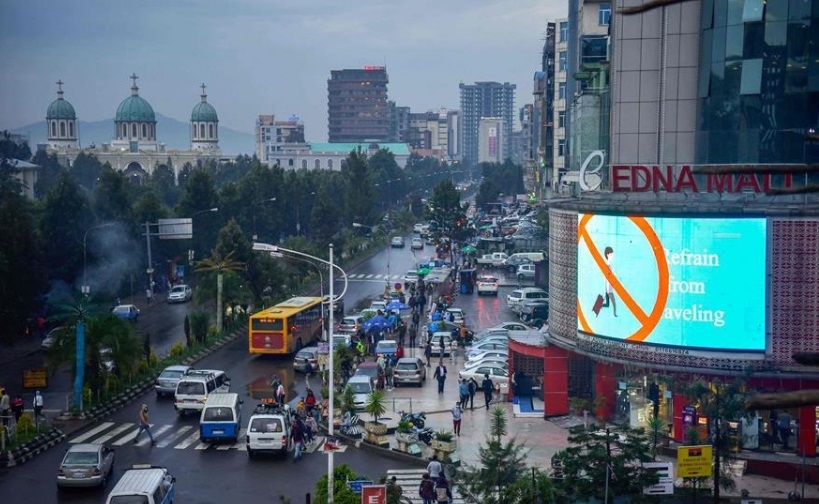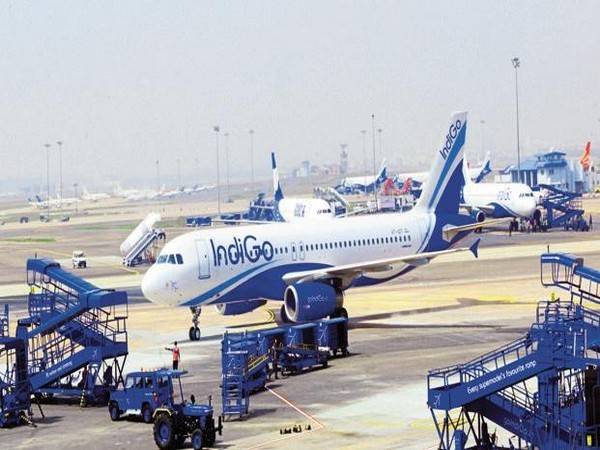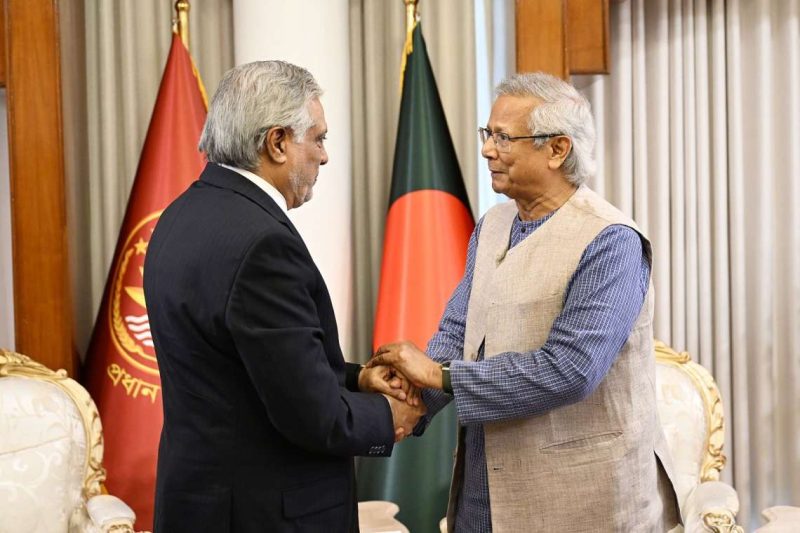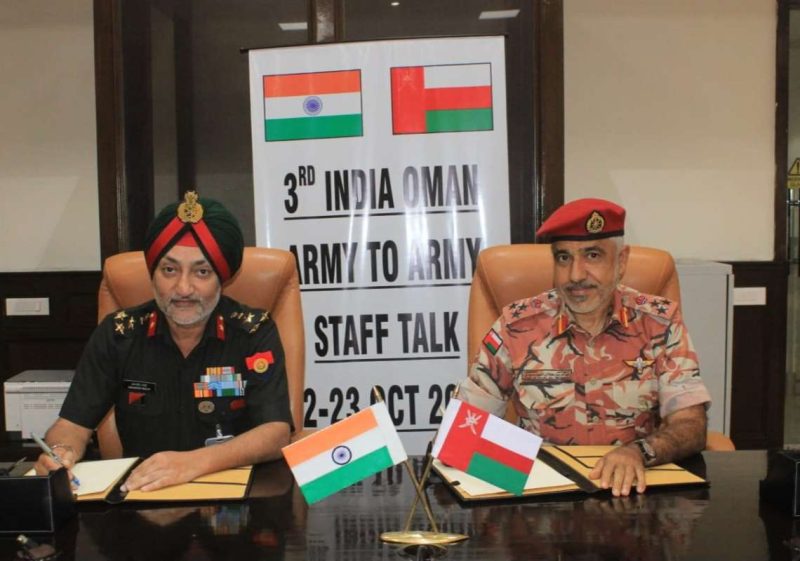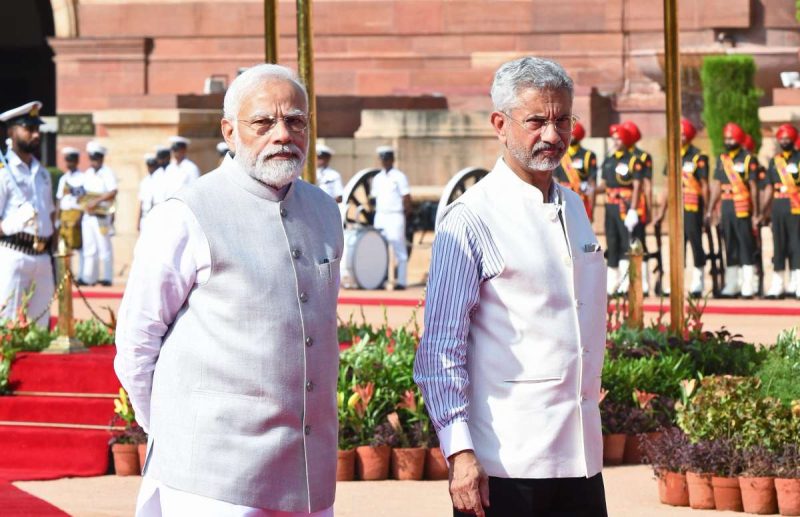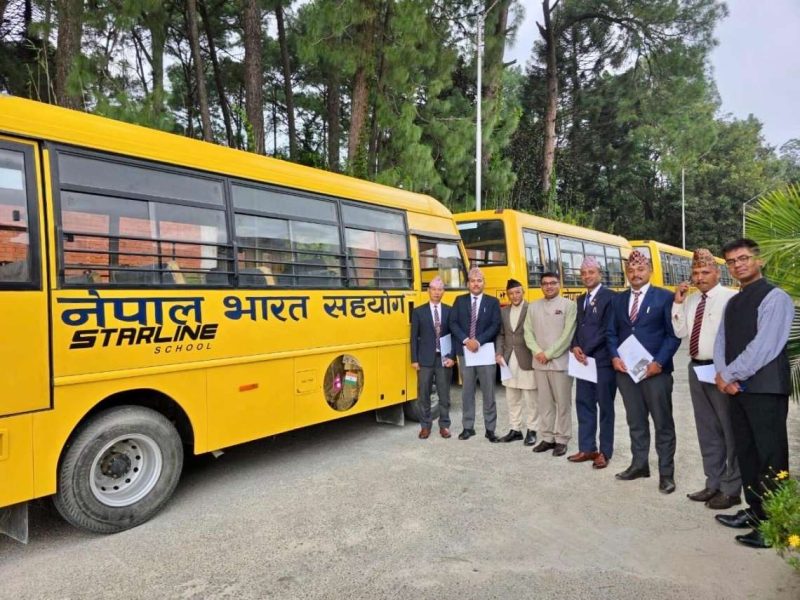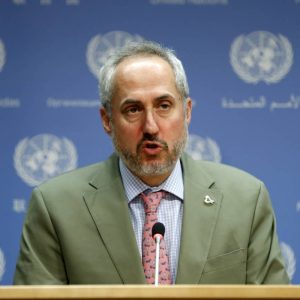The trio called on all partners to strengthen efforts to address their immediate and long-term food needs in line with international commitments…reports Asian Lite News
The World Food Programme (WFP), UN refugee agency, UNHCR, and Ethiopian Government Refugees and Returnees Service (RRS) made the plea for assistance because without it, WFP will run out of food for the refugees by October.
The impending crisis will leave vulnerable families at risk of undernutrition, micronutrient deficiency, and increased susceptibility to diseases, the agencies warned.
“Three quarters of a million refugees will be left with nothing to eat in just a matter of weeks unless we receive funding immediately,” said Claude Jibidar, WFP’s Representative and Country Director for Ethiopia.
Support needed
The agencies have established an effective system to identify the food assistance needs of refugees through biometric verification, accountability mechanisms and programmes to grant monthly food and cash assistance.
The trio called on all partners to strengthen efforts to address their immediate and long-term food needs in line with international commitments.
Meanwhile, WFP, UNHCR and RRS will continue to count on donors for extended funding support based on the principle of shared responsibility to implement basic humanitarian life-saving activities.
Cutting rations has been an issue with which WFP has long had to grapple.
Food rations for refugees in Ethiopia were first reduced by 16 per cent in November 2015, then 40 per cent in November 2021, and finally 50 per cent in June 2022.
The impact of these cuts has been heightened by global limitations on food availability, widespread economic shock, rising food and energy costs, the COVID-19 fallout, and armed conflict.
Impact of cuts
To understand the impact of ration cuts on refugees, WFP, UNHCR and RRS conducted in April, a rapid assessment on 1,215 refugee camps households throughout relevant regions.
The results show that most had coped with food insecurity by reducing the number of meals eaten in a day, consuming less expensive foods, or limiting meal portions.
The joint assessment also revealed that households are going to desperate measures to make up for funding cuts.
Funding repercussions
Funding cuts have forced refugees to rely on an ever-finite supply of food, which increases the likelihood of resource-based conflicts.
Data shows that many families have been relying on children to generate extra income to afford food.
Other households were forced to borrow cash, relying on friends or relatives for sustenance.
“We have a shortfall of $73 million for refugees’ minimum needs and we are deeply concerned that if funding cuts continue, they may consider returning to their places of origin when it is unsafe,” warned Mr. Jibidar.
Taking action
More resources must be mobilized to meet immediate food demands, and smart investments should be taken to prioritize sustainable farming.
“The priority for us all must be to restore assistance to at least minimum levels for refugees, all of whom are solely reliant on WFP’s cash and food assistance for survival,” said the UN Country Director.
With an immediate donor response, WFP would be able to buy food available in the region to meet the dietary needs of the refugees and also transfer cash to the refugees, providing them the choice of how to meet their immediate needs and stimulating local markets.
Support needed
The agencies have established an effective system to identify the food assistance needs of refugees through biometric verification, accountability mechanisms and programmes to grant monthly food and cash assistance.
The trio called on all partners to strengthen efforts to address their immediate and long-term food needs in line with international commitments.
Meanwhile, WFP, UNHCR and RRS will continue to count on donors for extended funding support based on the principle of shared responsibility to implement basic humanitarian life-saving activities.
$73 mn appeal for over 750K refugees
The UN World Food Programme (WFP), the UN High Commissioner for Refugees (UNHCR) and the Ethiopian Government Refugees and Returnees Service (RRS) have launched a $73-million joint appeal to provide food rations to more than 750,000 refugees living in the east African country.
In a joint press statement, the three organizations on Tuesday said the funds are essential to meet the food ration needs of the refugees for the next six months, Xinhua news agency reported.
“WFP will completely run out of food for refugees by October, leaving vulnerable families who are dependent on food assistance at risk of undernutrition, micronutrient deficiency, susceptibility to diseases and increased protection risks,” the statement added.
“Due to protracted funding shortfalls, WFP has already been forced to cut rations for 750,000 registered refugees living in 22 camps and five sites in hosting communities in Ethiopia’s Afar, Amhara, Benishangul-Gumuz, Gambella, Somali and Tigray regions,” the statement further said.
Food insecurity among refugees in Ethiopia has risen as a result of the cuts and is even further compounded by current global limitations to food availability, conflict, rising costs of food and energy as well as the fallout from Covid-19.
The three organisations further called on all partners to strengthen efforts to address both the medium and long-term food needs of refugees in Ethiopia.
Ethiopia is the third largest refugee-hosting country in Africa, with 870,507 refugees and asylum seekers as of June 2022, UNHCR figures show. The majority of the refugees originate from South Sudan, Sudan, Somalia and Eritrea.
ALSO READ-Egypt, US discuss global food crisis


